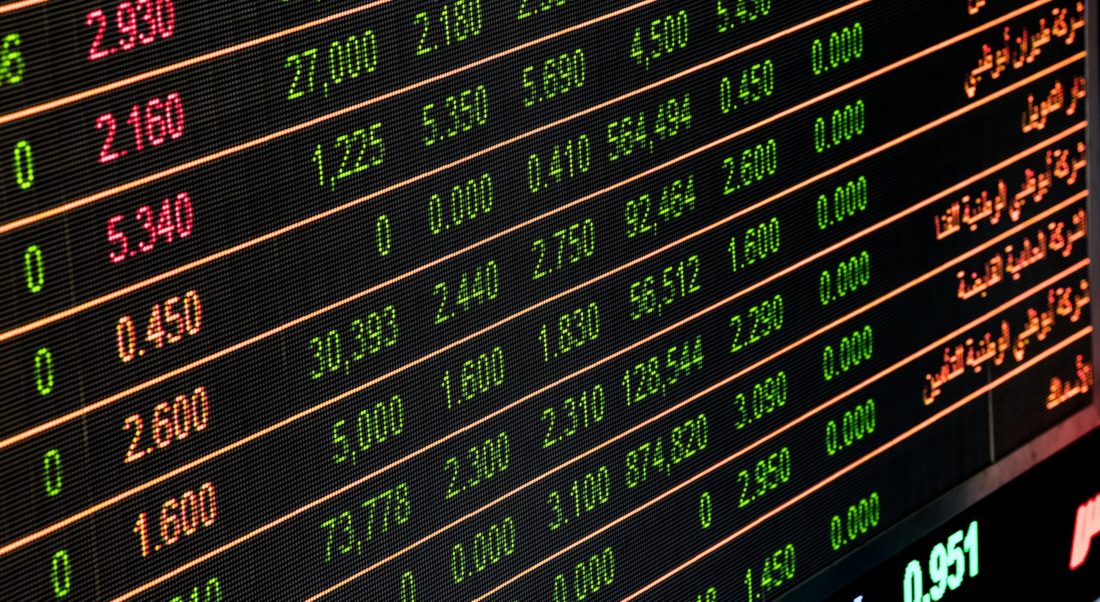
The Iraqi dinar is the currency of Iraq, and it went into circulation back in the year 1932. Iraq had been using Indian rupee before the government decided that they should also have their own currency. During this time, the currency of Iraq has an exchange rate of three dollars to one dinar. The value of the Iraqi dinar stayed the same for a long time, but it started to fluctuate as the country started to invest in the oil and petroleum industry. The Iraqi dinar started to lose its value when Saddam Hussein decided to invade Kuwait, and when the country was portrayed negatively in the world stage. The United Nations also sanctioned Iraq because of their crimes against humanity, and it started a domino effect that resulted in the devaluation of their currency. In 1995, one US dollar is equivalent to 3,000 dinars, and the devaluation of the currency continues. When the invasion of Iraq began in 2003, the United States started to introduce several changes in the country’s economy, and they introduced a new economic bill that would allow the country to recover from the disastrous economic management that resulted from the entrance of the United States into Iraq.
More than a decade after the invasion of Iraq, the value of the Iraqi dinar improved. Today, one US dollar is equivalent to 1,200 Iraqi dinars, and the government is still trying to introduce new laws that would further improve its value. Based on the recent reports about the Iraqi economy, it is projected to improve in the years to come. With more security coming into the country to protect the region from terrorists and other radical groups, investors are starting to develop confidence in investing in the country and providing the needs of the people. The GDP growth of Iraq also rose to 2.5%, which signaled great changes in the country’s economy. Oil production in the country is also increasing, with experts projecting that it could result in a strong Iraqi dinar. There is also Iraqi dinar news floating around the Internet stating that in a few years, the country’s currency could regain its value it had during the 1970s, and it would have a positive effect on the country’s economy.
Investors are starting to consider buying Iraqi dinar as a form of investment because of the rapid changes experienced in the country’s economy. One of the major factors that affect the country’s performance in the economic sense would be their production of oil and petroleum products. The country is currently experiencing a surge in the production of oil and gas, which could result in a better economy. The country is also experiencing less conflict, and it could drive the Iraqi dinar to gain more value. According to economic forecasters, in two years the value of the Iraqi dinar will continue to surge. There is a bright light of hope that shows how the country’s economy would provide a positive result for the company’s economy. The people of Iraq are excited to experience these changes promised to them by some of the leaders in the economic sector.
There are also speculators who are encouraging the business people to consider investing in Iraqi dinar because the foreign exchange line graph produces a positive image. No one could predict what the future holds, but the line graphs showing an increasing trend regarding the value of the Iraqi dinar is enough to persuade the business people to invest in this Middle-Eastern currency. The economic team of the new Iraqi government is also doing their best to ensure that the country’s economic growth continues, and they are doing their best to lure business people into investing in their country. The largest economic institutions on the planet have also stated that Iraq’s economy would experience a bounce back, and the citizens should look after the changes that they will be experiencing within their country. Many foreign economic advisors have also seen the potential of Iraq to produce a thriving economy that would sustain what its citizens need. The Iraqi dinar is an example of a currency that has lost most of its value through the years, but was able to regain the respect from currency evaluators because of the recent changes in the country’s policies especially within the economic sector.